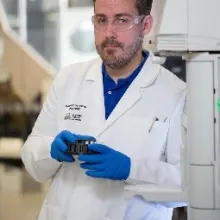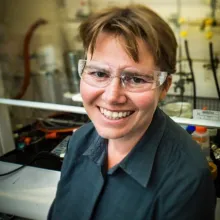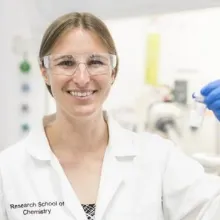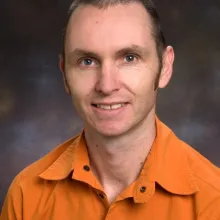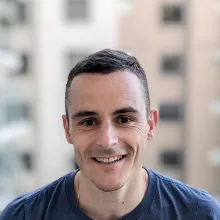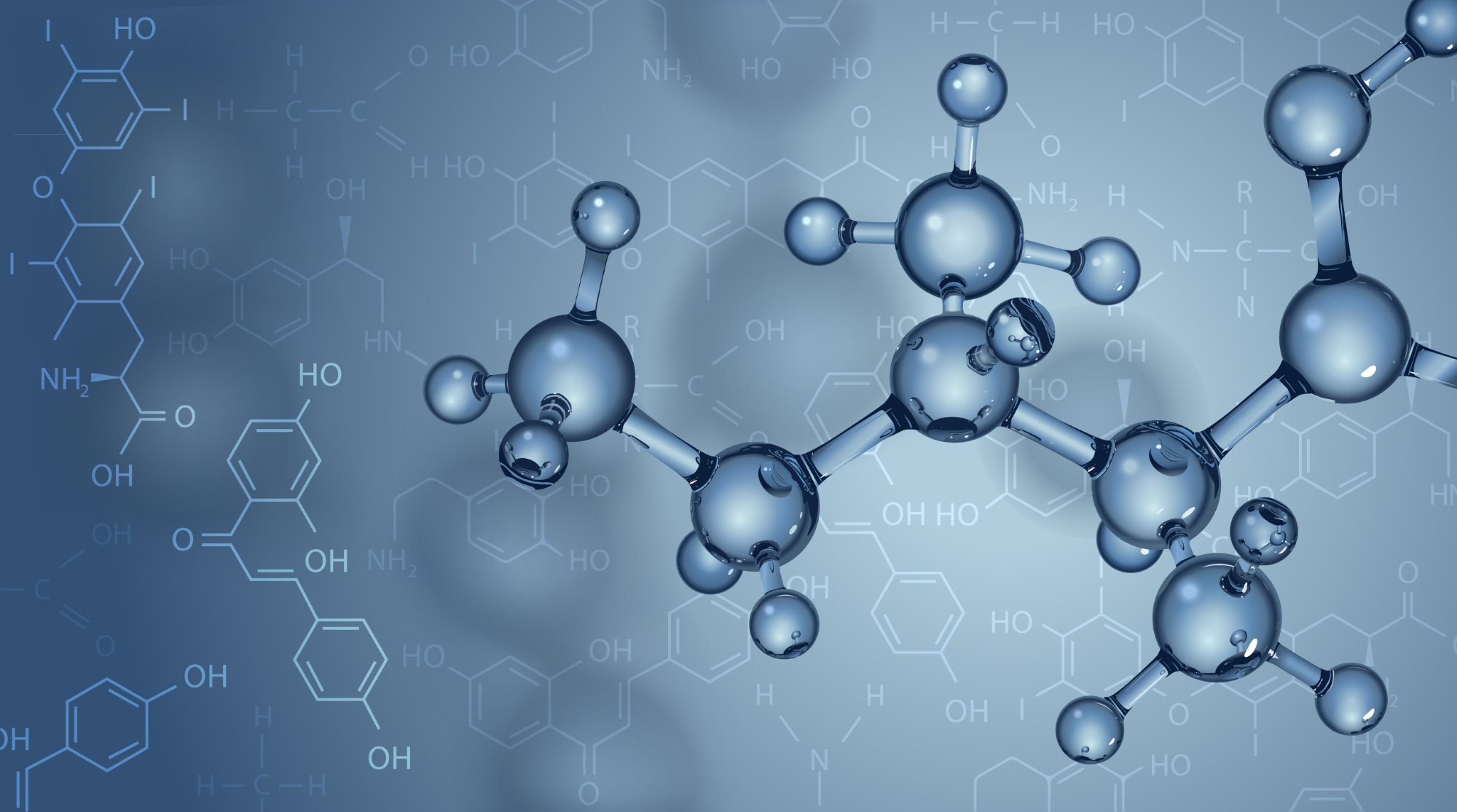
Organic chemistry
We are increasingly able to manipulate and control the structure and behaviour of individual molecules and even atoms – nanotechnology. This opens up the exciting possibility of controlling the fundamental properties of materials such as colour, strength and electrical conductivity.
About
Organic substances are everywhere: they are the basis of all life forms and central to our heath and wellbeing. Organic chemistry is the study of the structure, properties and syntheses of carbon-containing compounds, and includes both compounds produced by living organisms as well as designed molecules. The range of application of organic compounds is enormous. The very foundations of biochemistry, biotechnology, and medicine are built on organic compounds and their role in life processes. Most modern, high-tech materials are at least partially composed of organic compounds. Organic chemists at all levels are employed by pharmaceutical, biotech, chemical, consumer product, food and petroleum industries.










